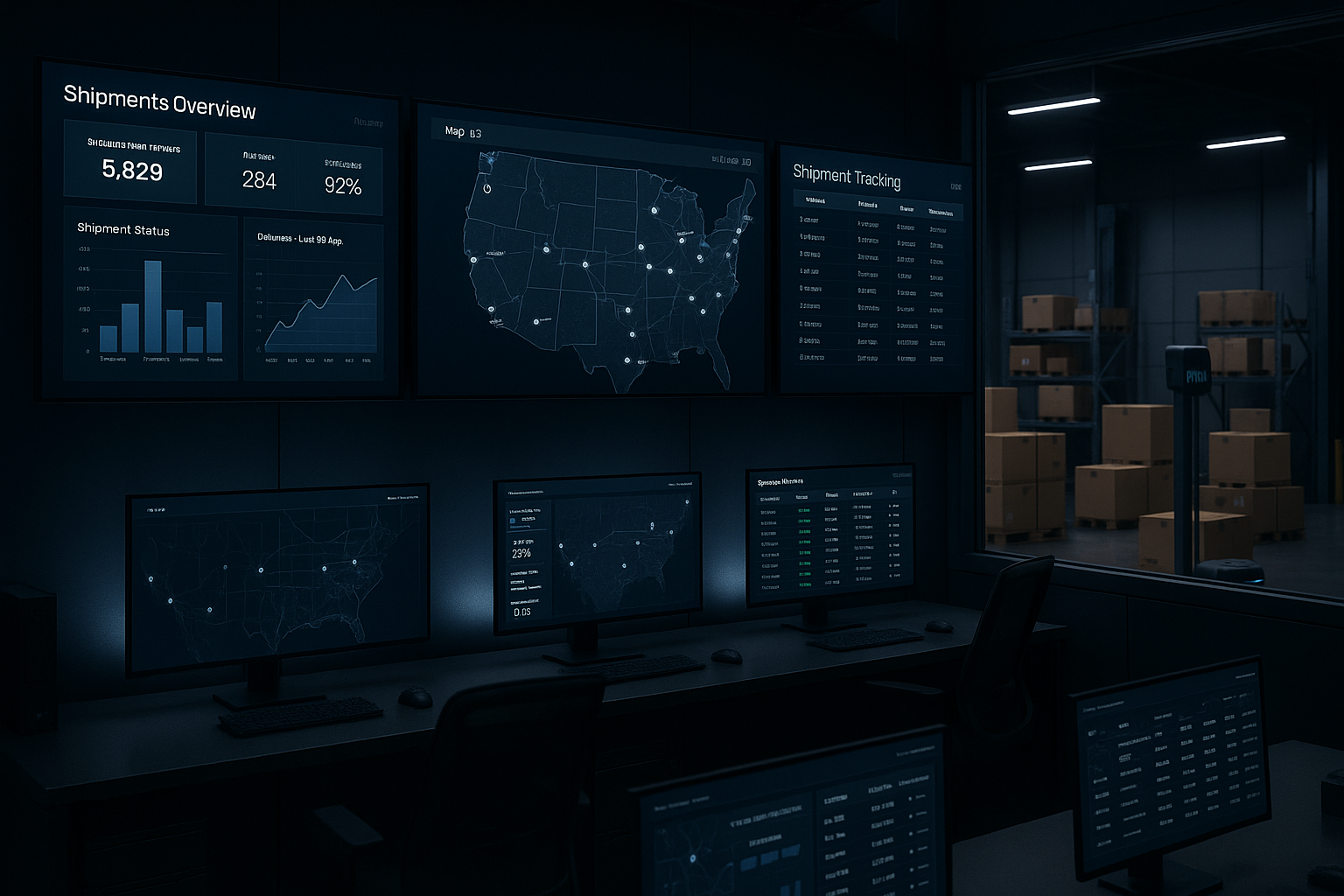How Is Digital Transformation Changing the Logistics Industry?

Logistics has always been complex, involving many moving parts across warehousing, transportation, inventory, and fulfillment. In the past, most of this was managed through manual systems, disconnected tools, and paper-based tracking. Digital transformation is reshaping the entire industry by introducing connected, intelligent, and automated systems that improve speed, transparency, and cost-efficiency.
At Scalability, we help logistics companies move beyond outdated workflows and build systems that are ready for growth. This includes creating digital platforms that align with how teams actually work on the ground, in the warehouse, or behind the scenes. Whether it’s a dispatch interface that helps reduce delivery time or a dashboard that pulls live data from across systems, the goal is always to simplify processes while increasing visibility.
One of the key benefits of digital transformation is better decision-making. When companies have real-time access to their operations, they can quickly identify problems like delayed shipments, inefficient routing, or underutilized assets. With these insights, logistics firms can adapt in real time instead of reacting after the fact. It also opens the door to predictive analytics, where the system can flag risks before they cause actual disruptions.
Another important area is system integration. Many logistics firms use different tools for inventory, billing, fleet tracking, and customer service. If these tools don’t talk to each other, teams lose time switching between platforms and data falls through the cracks. Modern logistics operations depend on well-integrated ecosystems, where platforms are designed to work together and share data securely and consistently.
For customers, digital transformation means faster communication and better visibility. They can track their shipments in real time, get alerts when something changes, and interact with your brand through clean, intuitive interfaces. This level of transparency builds trust and sets companies apart in a highly competitive space.
Digital transformation doesn’t require rebuilding everything from the ground up. At Scalability, we guide our clients through a step-by-step process that identifies the highest-impact improvements first. This might involve updating legacy systems with modern APIs or layering a better user interface on top of your existing tools.
The logistics space is moving fast. Companies that embrace digital transformation are not only keeping pace but are often gaining a strategic edge. They serve their customers better, operate more efficiently, and make smarter decisions every day. That’s the kind of transformation that creates lasting value.
